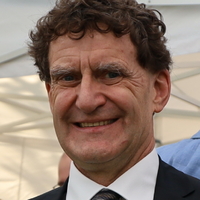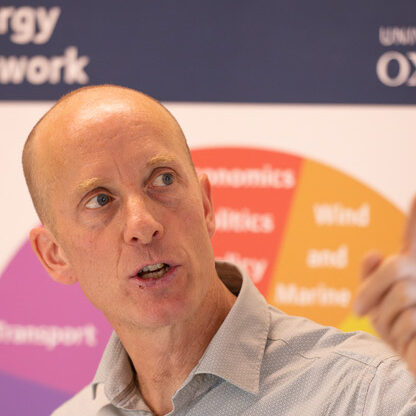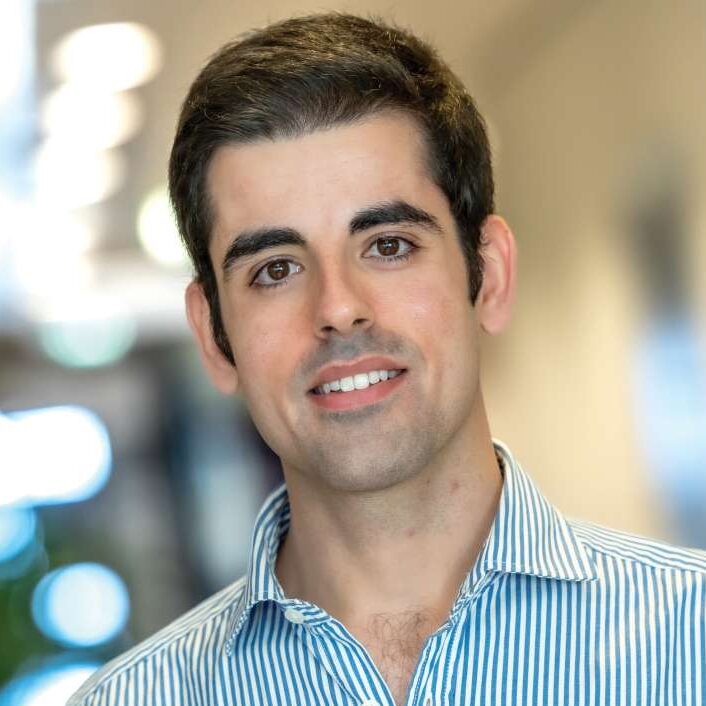Date and time: Thursday 2 October 2025, 13:00-14:00 CEST
Speaker: Allen Malony, University of Oregon
Title: Perspectives on Supercomputing: Past, Present, and Future
Where: Digital Futures hub, Osquars Backe 5, floor 2 at KTH main campus OR Zoom
Directions: https://www.digitalfutures.kth.se/contact/how-to-get-here/
OR
Zoom: https://kth-se.zoom.us/j/69560887455
Host: Stefano Makridis

Bio: Allen D. Malony is a Professor in the Department of Computer Science (CS) at the University of Oregon (UO) and the Director of the Oregon Advanced Computing Institute for Science and Society (OACISS). He graduated with a Ph.D. degree from the University of Illinois at Urbana-Champaign in 1990. He received the National Science Foundation (NSF) National Young Investigator award in 1994. Dr. Malony was a Fulbright Research Scholar to The Netherlands (1991) and to Austria (1999). He received the Alexander von Humboldt Research Award for Senior U.S. Scientists in 2002. In 2016, Dr. Malony was named the Fulbright-Toqueville Distinguished Chair by the Fulbright Commission Franco-Americaine, France. He was selected as the Fulbright-Nokia Distinguished Chair in Information and Communications Technology from the Fulbright Finland Foundation in 2022.
Dr. Malony’s research interests are in parallel computing, performance analysis, supercomputing, scientific computing, and computational/data science. He directs the TAU research group at UO which develops the TAU Performance System, a leading open source parallel performance tool suite. Dr. Malony has published over 300 peer-reviewed journals, book chapters, and conference/workshop papers throughout his career. He is the CEO and Director of ParaTools, Inc., a company he founded with Dr. Sameer Shende (President and Director) in 2004. ParaTools specializes in high-performance computing (HPC) performance engineering services.
Abstract: On the eve of the 90th anniversary of the most fundamental technological advancement of humankind, computers are omnipresent in our daily reality. For many people, it might be said that what computers “are” is “indistinguishable from magic” since they do not really know “how” computers work. In fact, Turing showed us that “how” they work is quite simple. What they “do” is indeed nothing short of giving humankind the most powerful “tool” ever for amplifying our (individual and collective) intelligence, creativity, and knowledge. How do we understand and quantify the amazing potential (“power”) that computers bring to human discovery?
Interestingly, both the computational complexity of a problem and the performance of the computer are important in answering the question. High-performance computers (a.k.a. “supercomputers”) are the past, present, and future (?) embodiment of this potential, combining state-of-the-art (parallel) computing technology, with the latest software and algorithmic approaches to computation-driven and data-driven science and humanities. This talk will provide perspectives on supercomputing from its rich history to the exascale machines being realized today, concluding with some thoughts on directions and opportunities for high-performance computing in the future.




